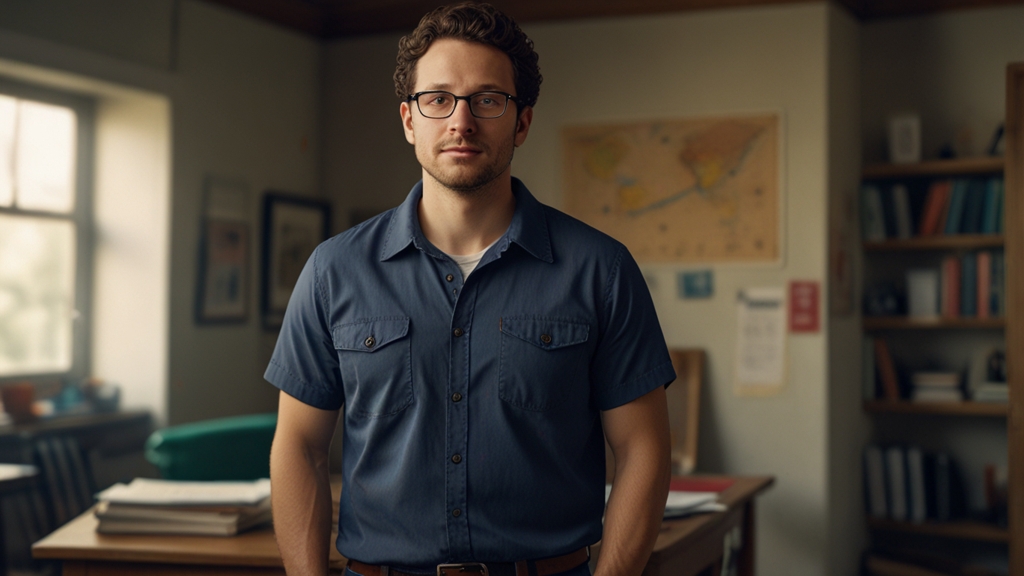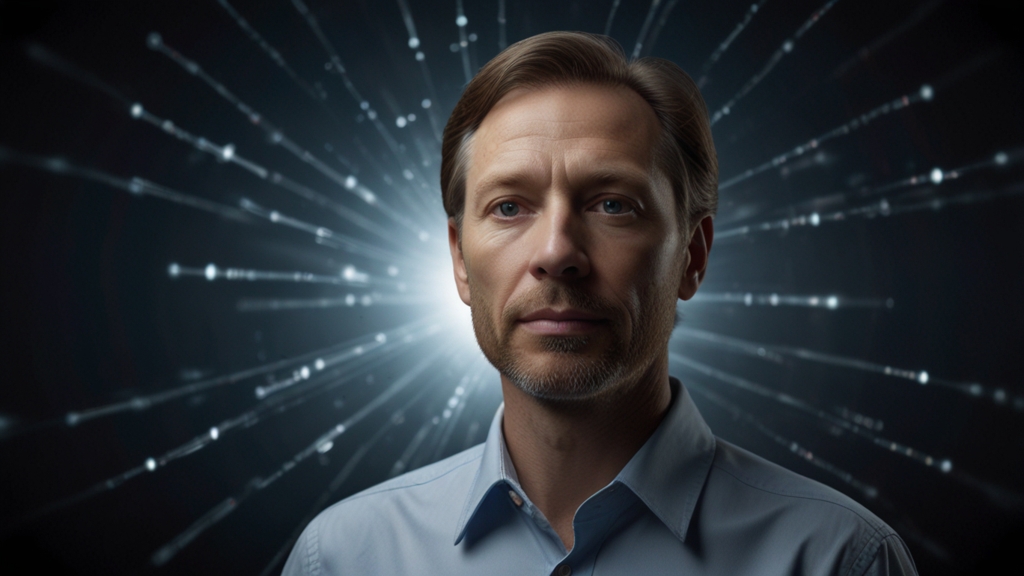Challenging Norms: The Role of If and Then
In the framework of traditional decision-making, the concepts of 'if' and 'then' have always played a pivotal role. These conditional operators serve as the backbone for logical reasoning, facilitating a structure where outcomes are determined by preceding events or conditions. However, as societal norms and expectations evolve, the importance of these constructs extends beyond programming and mathematics, infiltrating our daily lives, cultural beliefs, and institutional standards.
The Foundation of Conditional Logic
At its core, conditional logic forms the essence of decision-making processes. The statement 'if A then B' dictates that B is a direct consequence of A. This logical approach is deeply embedded in various scientific disciplines, computational algorithms, and even in our daily decision-making processes. Whether it's a simple choice like "If it rains, then I will carry an umbrella" or complex systematics in artificial intelligence, 'if' and 'then' frameworks provide a systematic approach to problem-solving.
Breaking Away from Conventional Paradigms
Social norms often operate on similar conditional premises. For instance, traditional societal roles might be expressed as "If you are a woman, then you should be nurturing." While such norms have persisted for generations, challenging them requires rethinking the underlying conditional statements.
When these premises are questioned, new pathways emerge. For example, if the conditional statement "If you want to succeed, then you must adhere to conventional career paths" is re-evaluated, it opens up an array of unconventional but equally viable career options. In essence, challenging the 'if' conditions may lead to alternative 'then' outcomes, thus reshaping societal norms and expectations.
Applications in Modern Society
In modern societies, the application of 'if' and 'then' extends to various domains such as business ethics, gender roles, and educational paradigms. Businesses, for example, can challenge traditional if-then scenarios such as "If a company wants to make a profit, then it must prioritize shareholders over stakeholders." By redefining these conditions, companies can innovate towards sustainable and ethical business practices.
“The measure of intelligence is the ability to change.” - Albert Einstein
This wisdom underscores the necessity to continuously challenge and redefine conditional norms. Whether it's in the realm of social justice or technological advancements, the willingness to question established 'if-then' scenarios fosters innovation and inclusivity.
Revolutionizing Education
The education sector is ripe for such transformative changes. The longstanding conditional "If you want to excel, then follow a conventional curriculum" is increasingly being questioned. With the rise of interdisciplinary studies and experiential learning, students are now encouraged to explore alternative educational pathways.
“Education is not the learning of facts, but the training of the mind to think.” - Albert Einstein
This approach not only equips students with diverse skill sets but also empowers them to think critically about the conditional statements that shape their lives. By challenging these predetermined pathways, education systems can foster a generation of thinkers and innovators who are not confined by traditional norms.
The Way Forward
Ultimately, the role of 'if' and 'then' in challenging norms is about reevaluation and adaptation. As societal values and technological landscapes evolve, so too must the conditional frameworks that govern them. By questioning and redefining these conditions, we can distill new meanings and possibilities that drive progress and inclusivity.
In conclusion, the power to challenge norms lies in our understanding and application of 'if' and 'then'. Whether in the context of individual decisions or collective societal changes, rethinking these conditions can pave the way for a more dynamic, adaptive, and equitable world.









